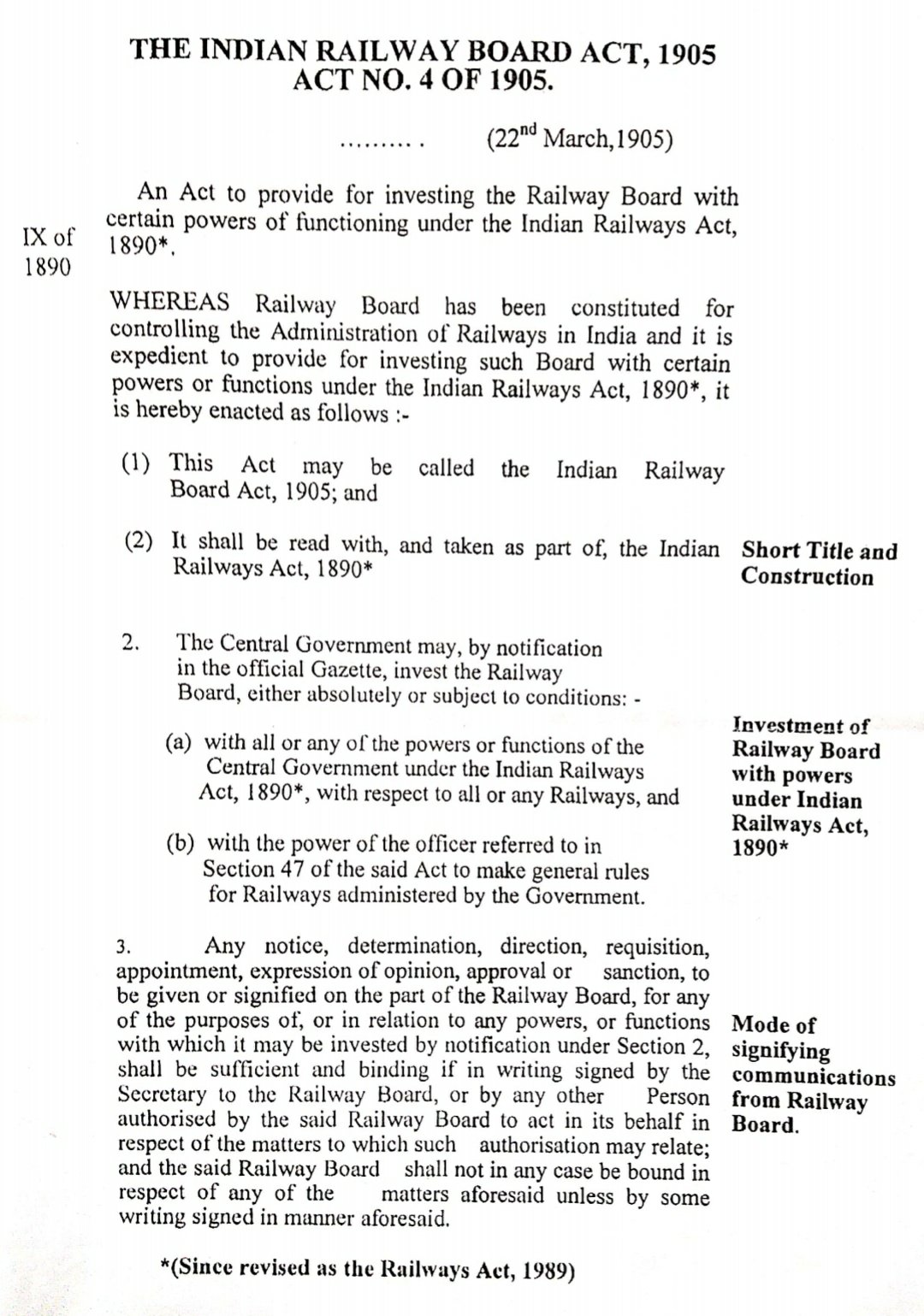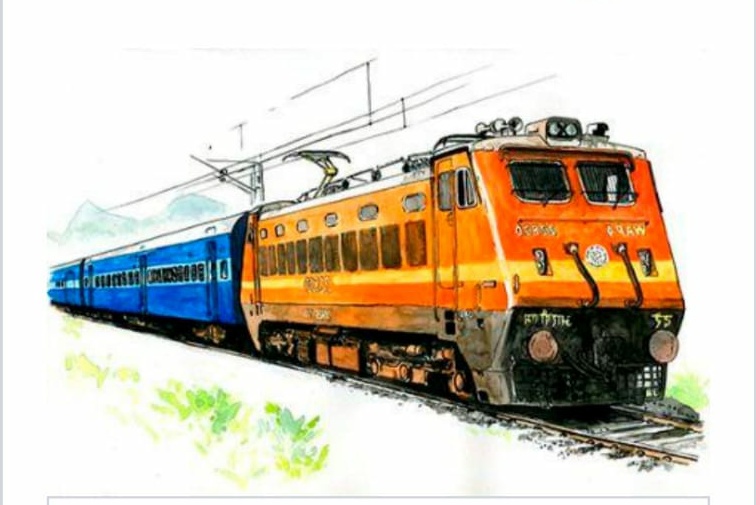Cadre merger will be harmful for Railways
It is true that the Railways are in urgent need of reforms but any change for the sake of change cannot be justified
The unification of services is one such move that will hasten the demise of the last government railway system
The unification of the cadre comprising the IRMS and creating a deep sense of insecurity not only among the officers but in the entire organization
The timing of the drastic step is also questionable as the Railways is going through a deep financial crisis and there are other issues which require urgent attention
SUBODH KUMAR JAIN*

The Indian Railways with 13 lakh employees and carrying 1.2 billion tons of freight traffic and 8.5 billion passengers annually is perhaps the largest transportation system under a single management. This is the only railway system in the world which has survived 166 years without undergoing any major change in structure.
This is a unique government monopoly, which has been performing without subsidies until recently. Even the worst critics of the Indian Railways will agree that no private operator can provide transportation at the prices comparable to Indian Railways.
However, the year 2020 has dawned on the railway employees bringing in the most violent reform in the history by way of unification of eight existing Group ‘A’ services and restructuring of the Railway Board.
Ten days after making this draconian policy public, the authorities concerned are yet to offer clarity regarding the method of its implementation and its objective.
The media reports indicate that the restructuring of the Board is linked to the decision to reorganise the management cadre but that is not the case.

The Railway Board was formed in 1905 while the organised services came in only in 1930s. Until recently, all posts of the Board were open to all services.
To expand the Board to accommodate one member from each service as well as the decision to make it cadre-based was implemented by the current management. And now the pendulum has swung to the other extreme.
The Railway Board has been restructured several times and a reduction in the number of functional Board members, streamlining its functions and bringing in independent members may prove to be beneficial.
The restructuring won’t affect the functioning of the General Managers in the field; hence, service delivery won’t be impacted.
The problem, however, is with the second part of this decision, ie, the unification of the cadre comprising the Indian Railway Management Service (IRMS) and creating a deep sense of insecurity not only among the 9000 officers but in the entire organization.
The timing of the drastic step is also questionable as the Railways is going through a deep financial crisis and there are other issues which require urgent attention.
In fact, the problem is not so much with the management services as with the organizational structure of the Railways. There are groups which enjoy power without responsibilities while there are others who are being left out despite being in the core function of passenger transport and cargo delivery.
The apparent reason for cadre unification is the turf war between the two wings of the Railways — electrical and mechanical — resulting in the Train-18 or the Vande Bharat Express controversy. While this may be a good enough explanation for lay people, the reality is somewhat different.
The Railways is known to have performed well, cutting across departmental lines, whenever objectives and programme have been clearly defined. Major decisions such as the implementation of Uni-gauge, ie, all Metre gauge tracks to be converted into Broad gauge in an accelerated manner irrespective of requirement from the traffic department, the closing down of steam loco sheds and marshalling yards, the increase of axle load on existing lines, and the elimination of unmanned level crossings were carried out through intense inter-departmental coordination.
When the government decided to go for 100% electrification of the Railways instead of continuing with diesel locomotive, the project was kickstarted despite intense lobbying by mechanical engineers.
In the light of these developments, Train-18 could not have been that big an issue to justify such a ‘surgical strike’. The Railways could have outsourced the trains to any manufacturer such as GE and Alstom.
It is true that the Railways are in urgent need of reforms but any change for the sake of change cannot be justified. The unification of services is one such move that will hasten the demise of the last government railway system.
*Subodh Kumar Jain is a former Member Engineering, Railway Board who has petant of dimond crossing and did so many innovations for the Indian Railways.
Courtesy: Mumbai Mirror


